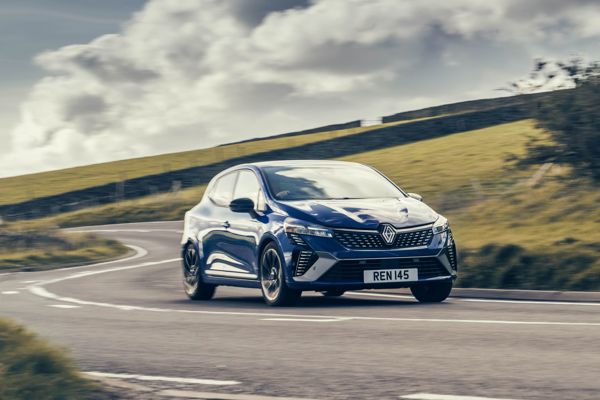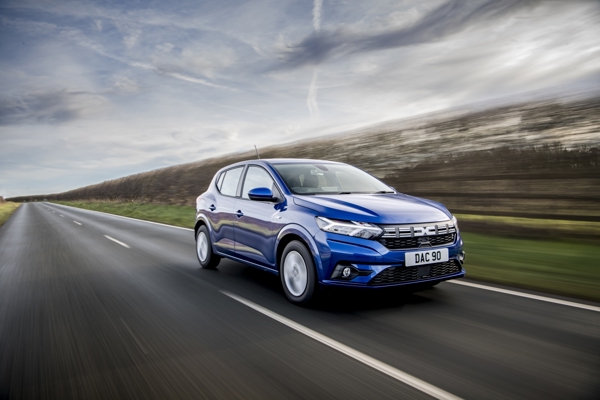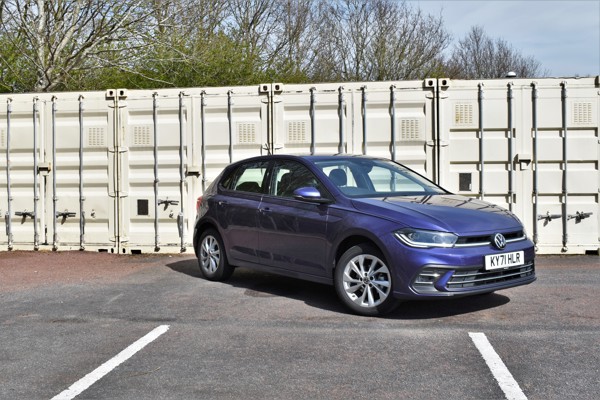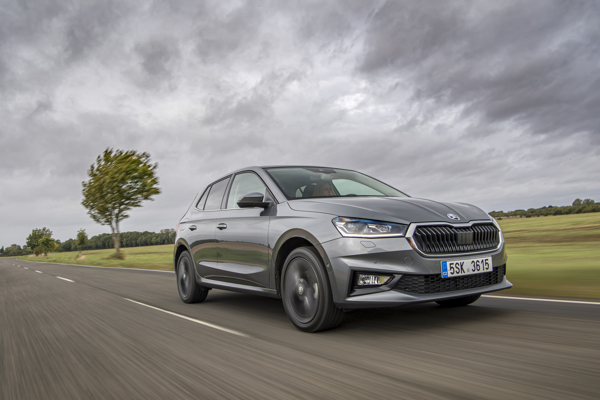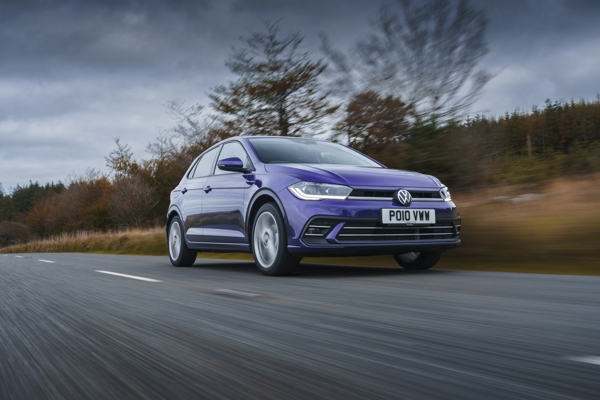Review
There’s a lot to like about the Corsa. It’s easy to drive, stylish and offers a range of powertrains to suit different needs. It’s not the cheapest model to run from a fleet perspective, however.
Overview
The Corsa is the UK’s best-selling small car, despite being one of the older models in Vauxhall’s line-up.
A recent facelift saw the introduction of the brand’s visor front end, but compared to the Astra it looks and feels like a car from a generation before.
That hasn’t stopped buyers and company car drivers from choosing it though. Not only did it triumph in the overall registration stats for 2023, it was also the best selling small car in the true fleet market.
The line-up includes petrol, hybrid and electric versions. We have a separate review for the Corsa Electric, which you can read here.
Vauxhall has kept the model range tight, with three trim options: Design, GS and Ultimate. There’s also the special edition Corsa YES, which is essentially the same as the Design but with a lower price point.
Comfort and practicality
Cars in the compact segment have become a lot more grown up in the last few years and the Corsa is no exception. It’s quieter, more comfortable and better equipped than ever before.
There’s plenty of space inside and the seats are particularly comfy with decent levels of adjustment and even a massage function, if you opt for the top trim level.
We did notice that taller drivers will need to set the seat quite far back to get comfortable, as the pedals aren’t set too far back relative to the dashboard. The steering column does provide ample extension to support this.
The Corsa’s interior layout feels a little dated when compared to some rivals. There’s a central touchscreen mounted at arm’s length, while a climate control panel sits lower and further back.
Rear seat space is adequate for a car in this segment and you could carry four or five adults in relative comfort if needed.
The boot measures 309 litres, which isn’t class leading, but it should be enough for some shopping or a couple of small suitcases. You can also fold the rear seats down in a 60:40 fashion, although you don’t get a flat loading floor.
Safety and technology
Vauxhall has been generous in adding a lot of standard kit to the Corsa. Every model gets a 10-inch touchscreen infotainment system and higher grade versions also feature sat-nav.
Smartphone integration via Apple Carplay and Android Auto is fitted to all models and is a welcome feature as the standard interface is a little dated.
We were impressed by the sound system, too, which delivers a high quality and punchy sound.
Other standard features include lane keep assist, which can be switched on or off via a button on the dashboard, along with LED headlights, air conditioning, rear parking sensors, cruise control and rain-sensing automatic wipers.
At the top of the range there’s some luxury car features such as Matrix LED lights, keyless entry, adaptive cruise control with lane centring, heated seats and a heated steering wheel.
Drivability and efficiency
The Corsa’s engine line-up is all based around the same 1.2-litre three-cylinder petrol unit. It starts with a wheezy 75PS non-turbocharged version, paired with a five-speed manual.
We’d recommend at least the 100PS turbocharged version, which is much more eager, has a six-speed gearbox and is actually more efficient.
The 100PS engine can also be paired with an eight-speed automatic gearbox and there’s a 130PS version that only comes with the automatic.
There are also two hybrid models, both equipped with a six-speed automatic and an added electric motor. There’s only a small battery, so the motor is mainly used to assist the engine. In town driving, however, and when coasting, it does mean the engine can be switched off for short periods.
The Corsa hybrid develops either 100PS or 136PS and offers a significant reduction in CO2 emissions. The 100PS hybrid emits 102g/km of CO2, compared with 125g/km for its non-hybrid equivalent. Equally, the 136PS hybrid emits 106g/km, compared with 127g/km for the 130PS auto. The manual models emit between 117 and 121g/km.
In real world driving, there’s not a huge fuel economy advantage of any particular powertrain and any major differences are likely to come from driving style. Our test of the Hybrid 136PS saw close to 50mpg.
While the manual models are the most engaging to drive, the Corsa Hybrid offers the best balance of performance, efficiency and driveability. Compared to the eight-speed auto, the hybrids are more responsive.
Overall the Corsa is an easy and relatively fun car to drive. It has light steering and changes direction fairly quickly. Ride quality is reasonable, too. It errs more to the firm side, which limits body roll and improves handling. Opting for models with larger wheels will reveal a less forgiving ride.
Company car tax and running costs
For company car drivers, the Corsa Electric remains the most cost effective choice from a tax perspective, but for those that aren’t able to get an electric model the petrol options are still pretty cheap. Monthly tax bills for a 20% taxpayer will range from around £95 - £125 depending on version. The Hybrid 136PS in GS trim is a particular sweet spot, at £112 per month.
It is worth noting, however, that the Renault Clio hybrid is both more powerful and quite a bit cheaper.
The introduction of the Corsa YES edition has enabled Vauxhall to reduce the overall running costs for fleets to a competitive level. In 100PS manual guise, it will cost 31p per mile over a typical four-year cycle.
Higher grade models, including the hybrids, are less competitive than some rival cars but most are still less than 40p per mile.
Specs
| Manufacturer | Vauxhall |
| Model | Corsa |
| Specification | Vauxhall Corsa Hatchback 1.2 Turbo Hybrid 136 GS 5dr e-DCT6 |
| Model Year | 2024.00 |
| Annual VED (Road tax) | £390 |
| BIK List Price | £26,335 |
| CO2 | 106g/km |
| BIK Percentage | 26% |
| Insurance Group | N/A |
| CC | 1,199 |
| Fuel Type | Petrol |
| Vehicle Type | Small car |
| Luggage capacity (Seats up) | 309litres |
| Doors | 5 |
Running Costs
| P11D | £26,335 |
| Cost per mile | 42.05ppm |
| Residual value | £9,950 |
| Insurance group | N/A |
| Fuel Type | Petrol |
| Cost per mile | 118.88ppm |
| Fuel | 11.11ppm |
| Depreciation | 105.40ppm |
| Service maintenance and repair | 2.37ppm |
Rivals
Info at a glance
-
P11D Price
£26,335
-
MPG
60.1 (WLTP) -
CO2 Emissions
106g/km -
BIK %
26% -
Running cost
3 Year 60k : £9,950 4 Year 80k : £7,950 -
Fuel Type
Petrol



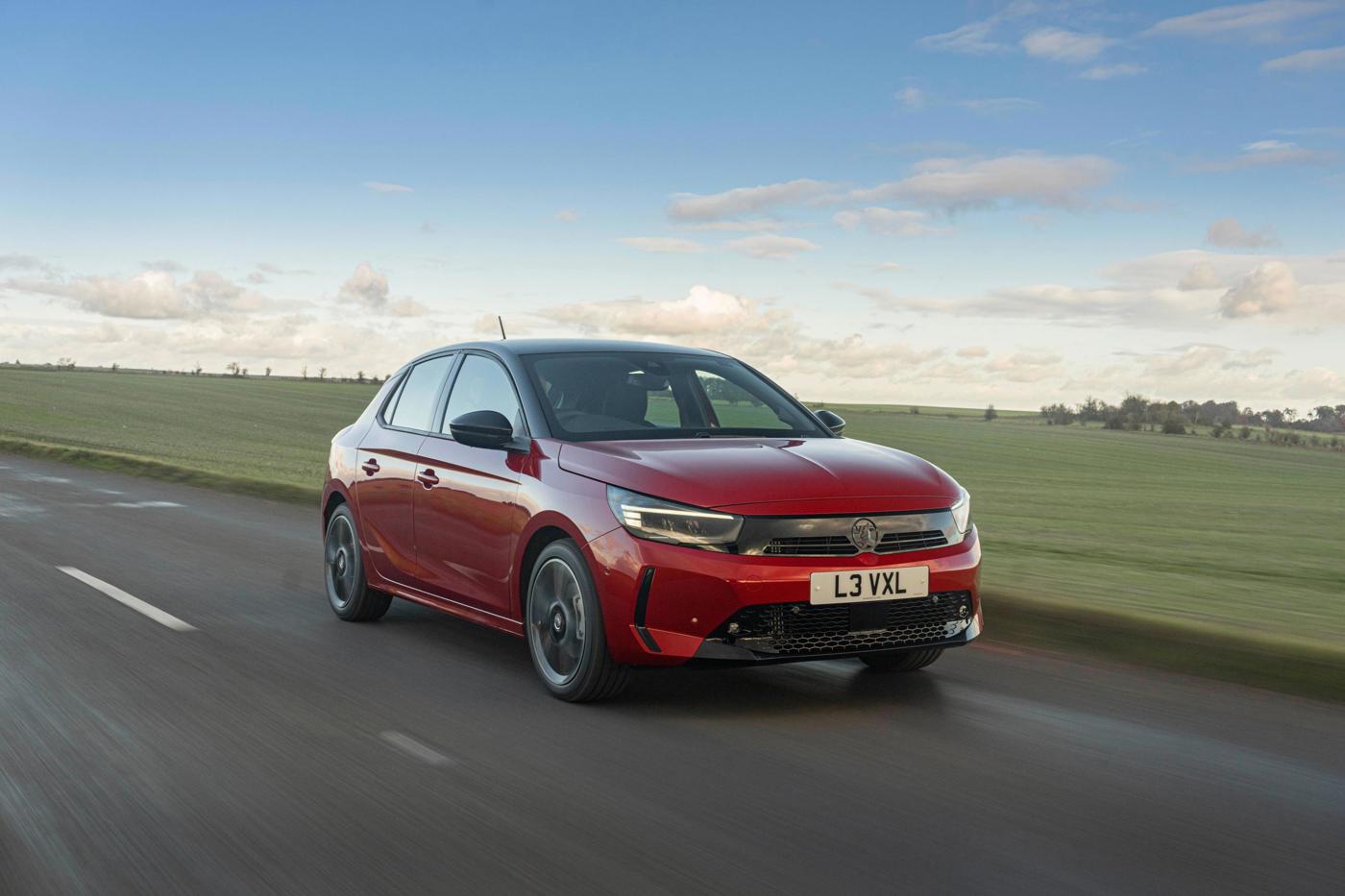
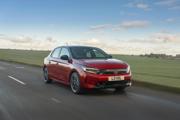
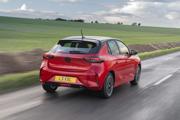
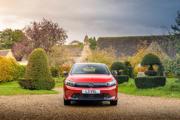
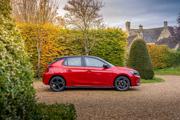


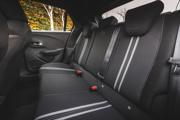
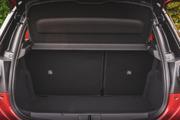
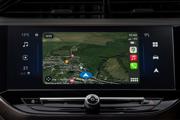


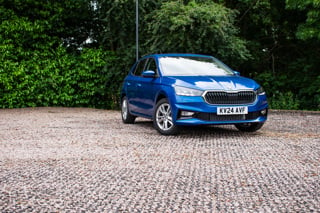
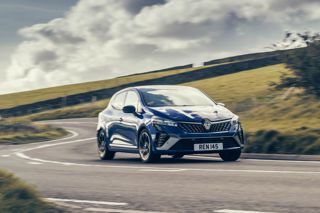
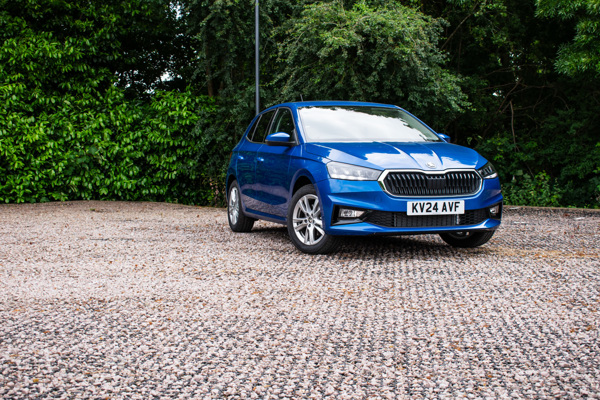
 Petrol
Petrol
